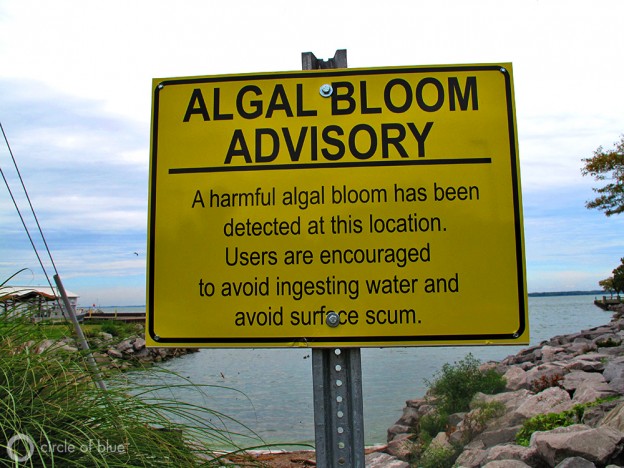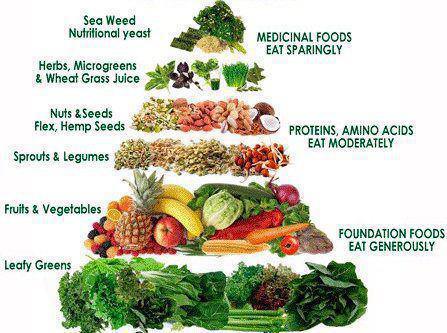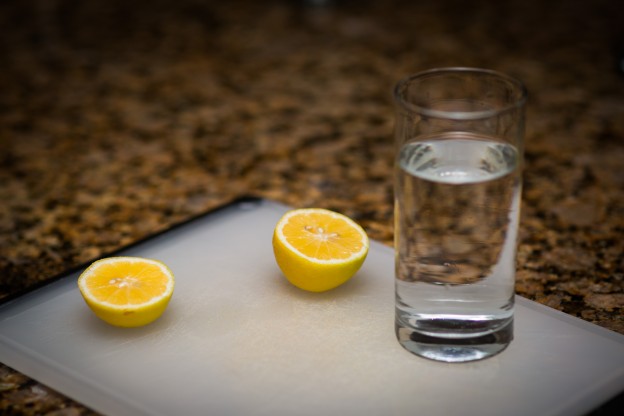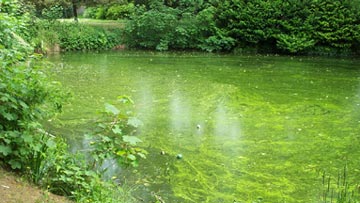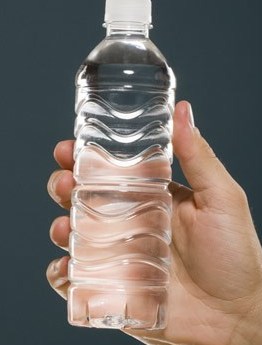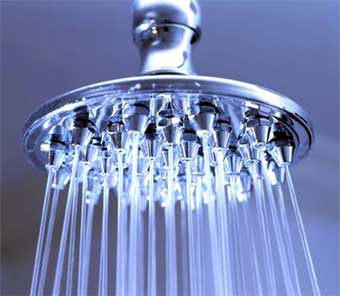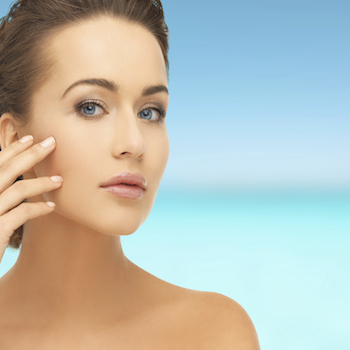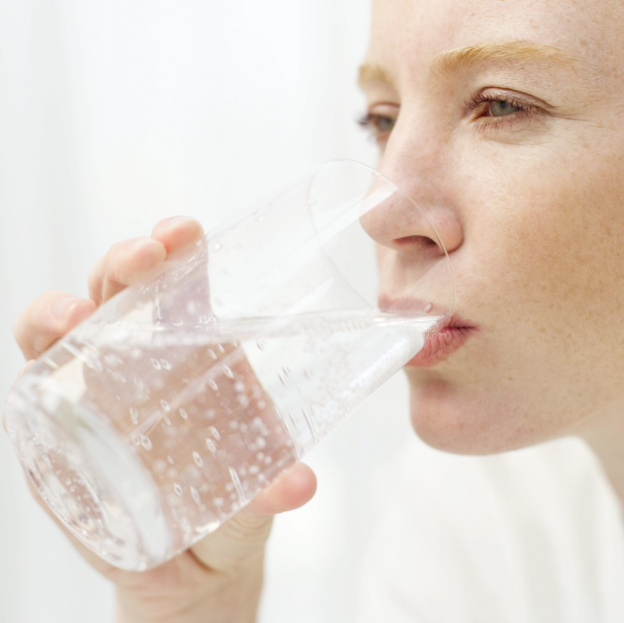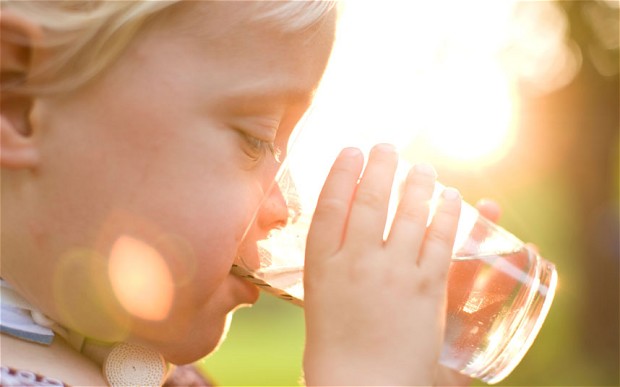
In today’s age, sugary and sweet drinks are ubiquitous, especially in advertising on children’s shows. Sugary drinks have been tied to health problems such as diabetes, obesity, and attention disorders. While it’s not deemed as “cool” as some of its sugary drink counterparts, water keeps your body hydrated without the negative side effects.
such as diabetes, obesity, and attention disorders. While it’s not deemed as “cool” as some of its sugary drink counterparts, water keeps your body hydrated without the negative side effects.
Check Out These Five Benefits of Drinking Water
The British Government’s Chief Obesity Advisor, Professor Susan Jebb, issued guidance saying that parents should introduce strict rules about sugary drinks – limiting juice to one small glass a day with breakfast, and making water the mainstay.
So how can you persuade your children to kick the sugar habit? Here are 8 tips from The Telegraph
are 8 tips from The Telegraph
Make it fun
Put water in an attractive cup (children love having cups with brightly colored animal pictures or favorite TV characters on), add a novelty straw, use amusingly-shaped ice cubes, or add pretty pieces of fruit like strawberries. This might not persuade cynical adults to up their H20 intake, but is an easy to way to make water appeal to younger children.
Limit their options
Don’t stock your fridge with with fizzy sodas and colorful fruit juices – if you want them, but don’t want your kids to drink them, put the bottles somewhere they can’t see them. But it’s probably best to clear the offending items from the house altogether: children are rather good at tracking down hidden treats, and it’s best to be a be a role model. If they see you drinking water, they’re more likely to follow.
Water first, treats after
If you do want to let your children have fizzy drinks on occasion, encourage them to drink a big glass of water beforehand – once they’ve quenched their thirst, they are much less likely to binge on the sugary stuff.
children have fizzy drinks on occasion, encourage them to drink a big glass of water beforehand – once they’ve quenched their thirst, they are much less likely to binge on the sugary stuff.
Explain the benefits
Preaching the virtues of water might sound like a sure way to put your children off it forever, but kids are often genuinely interested in the human body. Take them to the library and get some books on how the body works and nutrition. Teach them how important it is to stay hydrated – even a grumpy teenager might decide to dump the cola if they realize it’s giving them acne .
.
Take small steps to improve the taste
to improve the taste
Depending on where you live, water straight from the tap can be an unappealing prospect. Cold drinks are often more attractive to kids, especially in summer, so freeze your children’s water bottles before school (they’ll have defrosted by lunch) and stick a jug in the fridge that they can access. Filtered water might also taste a little better, while adding lemon and lime slices can add a fruity flavor with far less sugar than squash or juice.
might also taste a little better, while adding lemon and lime slices can add a fruity flavor with far less sugar than squash or juice.
Make it available
The best thing you to can do to encourage your children to drink water is to make it accessible . If they’re playing outside, give them bottles; at dinnertime, put a big jug on the table. If everyone in the family is drinking water constantly, they’ll get used to topping their water levels up.
. If they’re playing outside, give them bottles; at dinnertime, put a big jug on the table. If everyone in the family is drinking water constantly, they’ll get used to topping their water levels up.
Keep it positive
Resist the temptation to nag, or to focus on the fact that you want the kids to have water instead of sugary drinks. Encourage them to think about the health benefits , and treat drinking water as a normal part of the day, rather than as a chore.
, and treat drinking water as a normal part of the day, rather than as a chore.
Make changes gradual
It’s probably a bad idea to throw all the sugary drinks into the trash overnight and announce the next day it’s a water-only house. Start by making sugary drinks an occasional or weekend treat, rather than an everyday habit, serve them in slightly smaller glasses and offer your children the less-bad options, like weak squash instead of fizzy drinks. At the same time, introduce jugs of water to the house. If your child is really fussy, start watering down their juice or squash a little more every day, until eventually they are drinking straight water.
by making sugary drinks an occasional or weekend treat, rather than an everyday habit, serve them in slightly smaller glasses and offer your children the less-bad options, like weak squash instead of fizzy drinks. At the same time, introduce jugs of water to the house. If your child is really fussy, start watering down their juice or squash a little more every day, until eventually they are drinking straight water.



